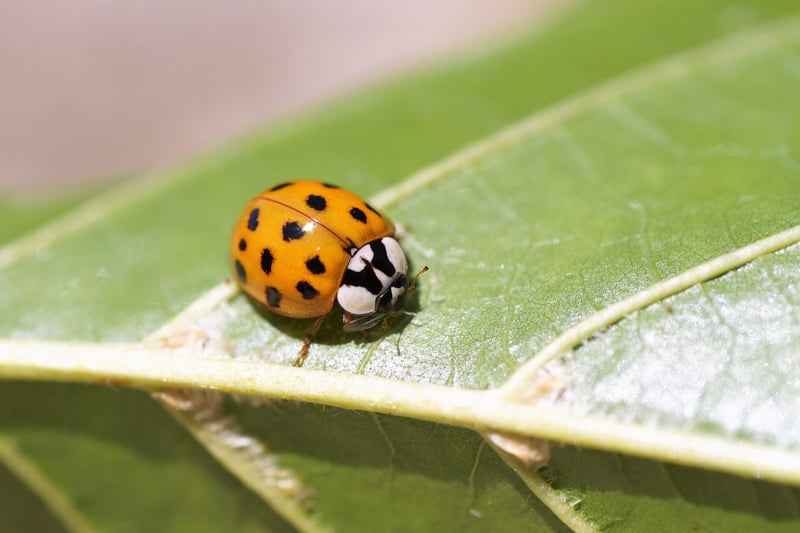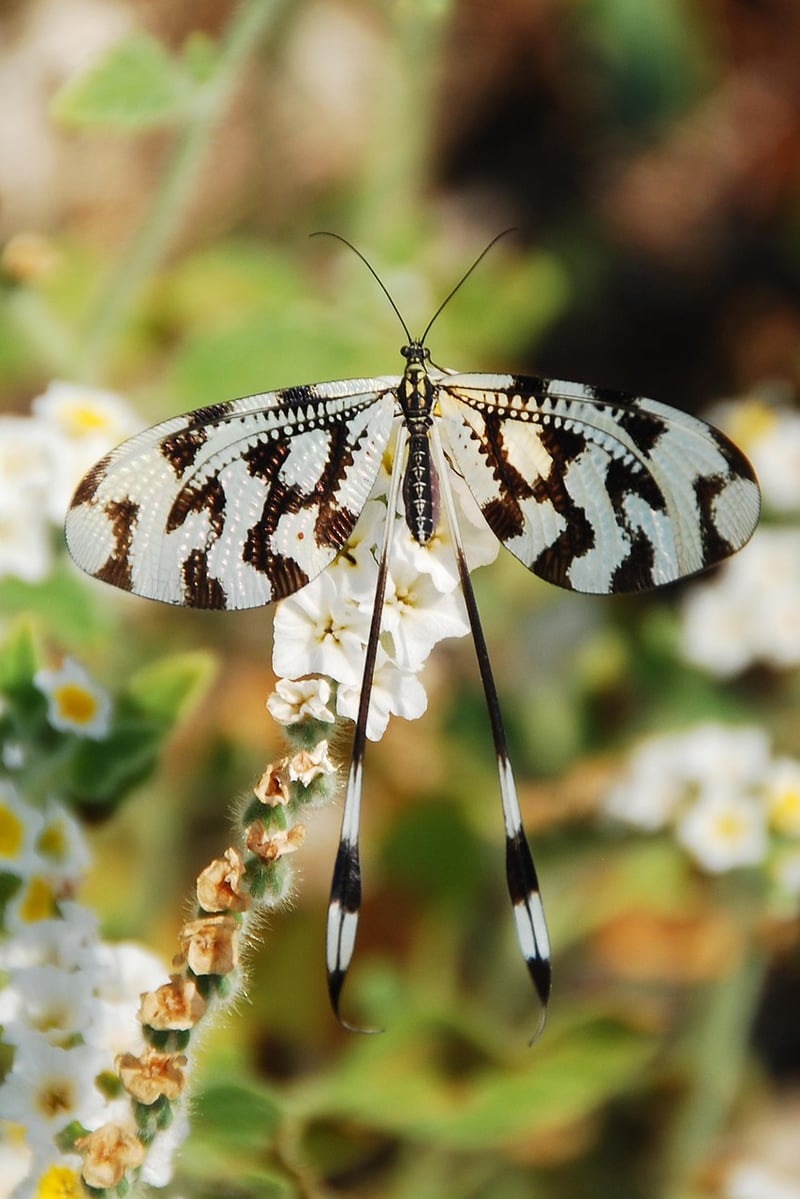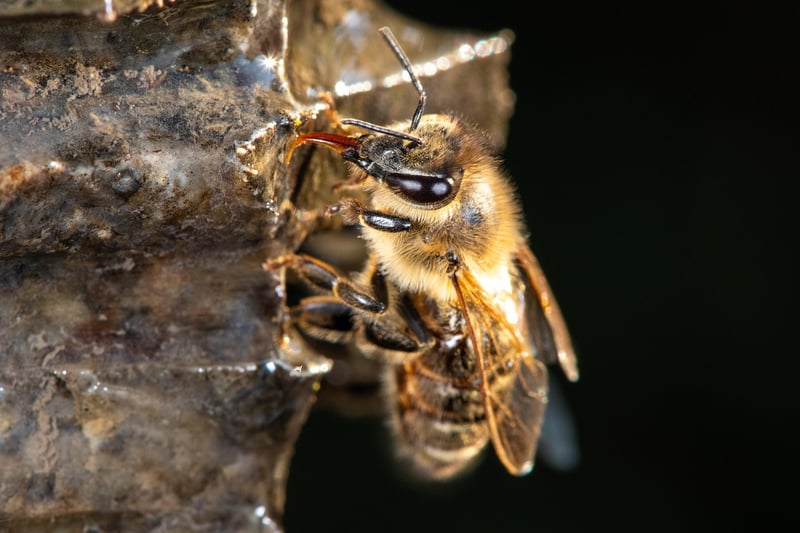Beneficial Insects
Managing Garden Pests and Beneficial Insects for a Thriving Garden
Introduction
Creating a vibrant and healthy garden involves managing pests effectively while also encouraging beneficial insects to thrive. Strike a balance in your garden ecosystem by understanding how to tackle common garden pests naturally and attract beneficial insects.
Common Garden Pests
Identifying common garden pests is the first step in pest management. Keep an eye out for:
- Aphids
- Slugs and Snails
- Caterpillars
- Spider Mites
- Whiteflies
These pests can cause damage to your plants and disrupt the garden ecosystem if not controlled effectively.
Natural Pest Management
Avoid harsh chemicals and opt for natural pest control methods to protect your plants and the environment. Consider using:
- Neem Oil
- Diatomaceous Earth
- Beneficial Nematodes
- Companion Planting
These methods are safe for plants, humans, and beneficial insects while effectively managing garden pests.
Beneficial Insects
Attracting beneficial insects to your garden can help control pest populations naturally. Some beneficial insects include:
- Ladybugs
- Praying Mantises
- Lacewings
- Hoverflies
- Ground Beetles
These insects prey on common garden pests, providing a natural and sustainable pest control solution.
Creating a Balanced Ecosystem
Encourage a diverse range of plants in your garden to attract beneficial insects and create a balanced ecosystem. Plant flowers that attract pollinators and herbs that repel pests to enhance the health of your garden.
Conclusion
By implementing natural pest management strategies and attracting beneficial insects, you can maintain a thriving garden without the need for harmful chemicals. Create a harmonious environment where plants, pests, and beneficial insects coexist, promoting a healthy and sustainable garden.



